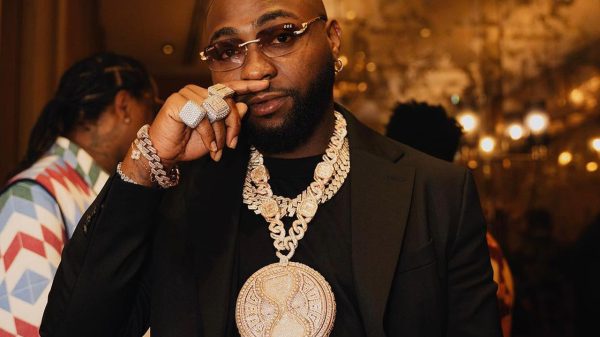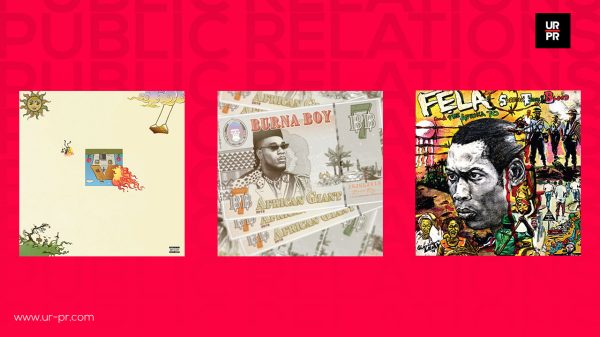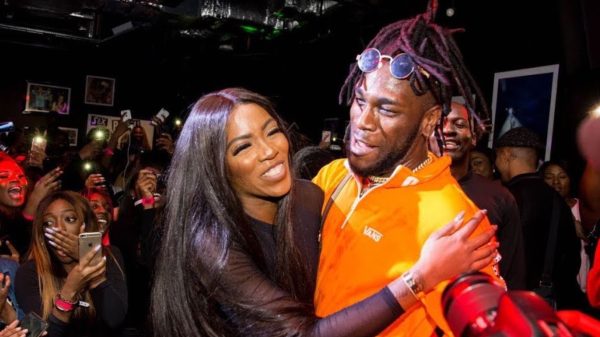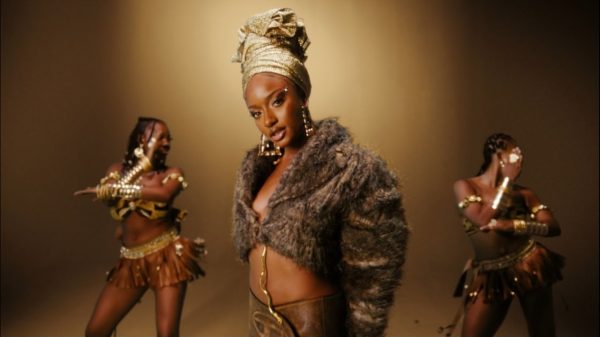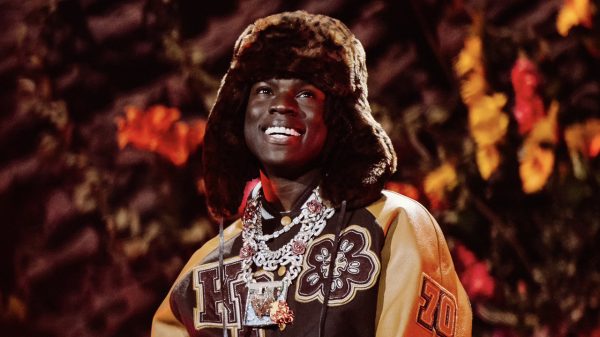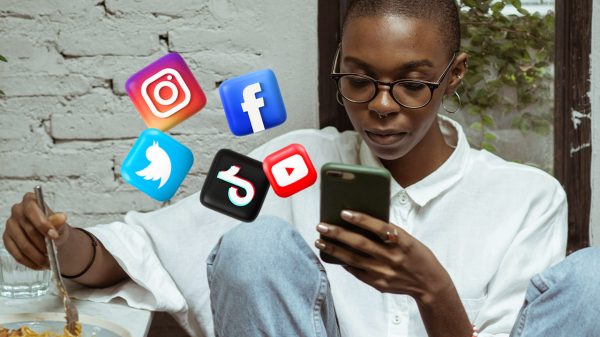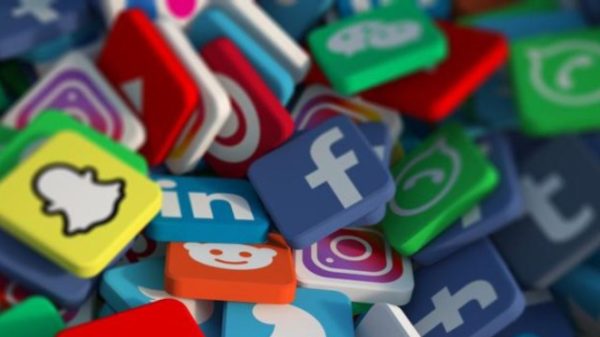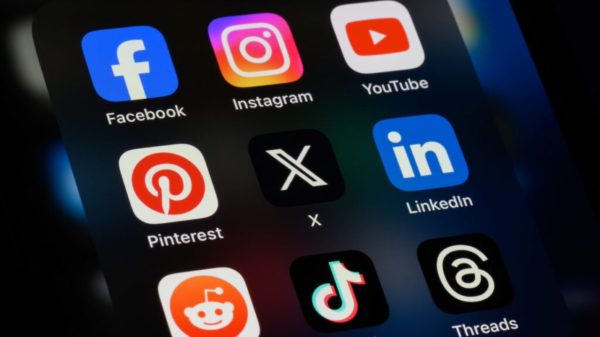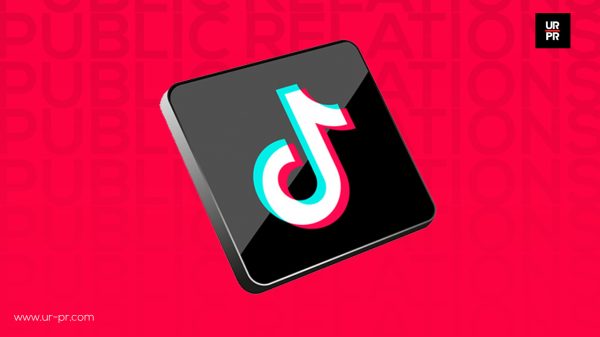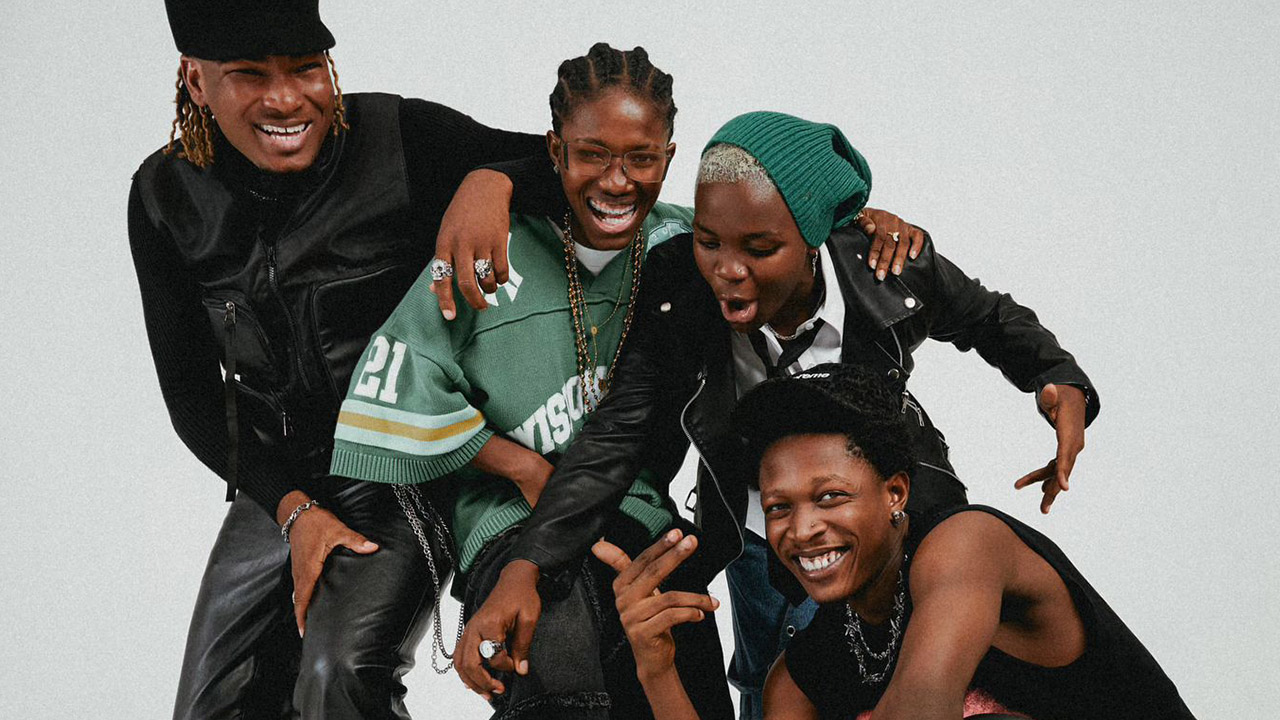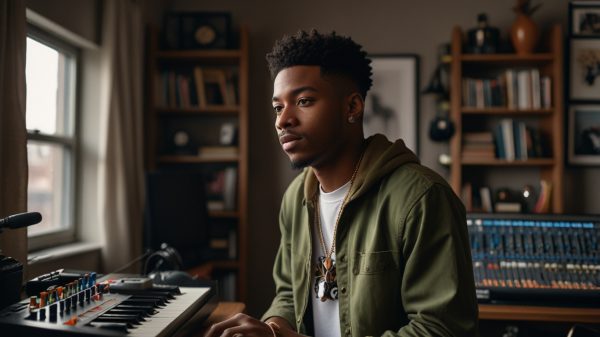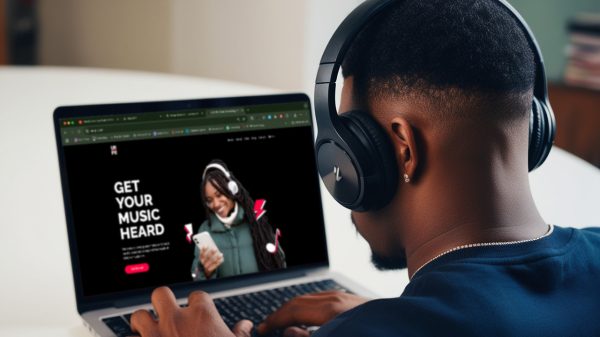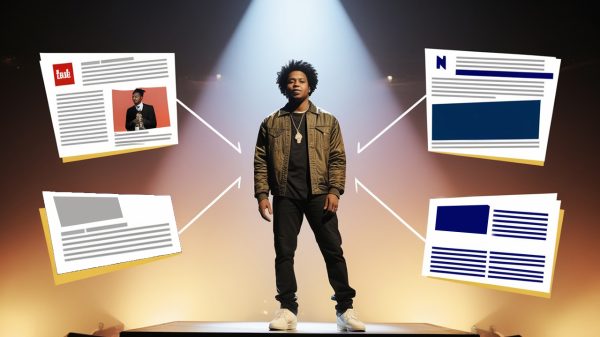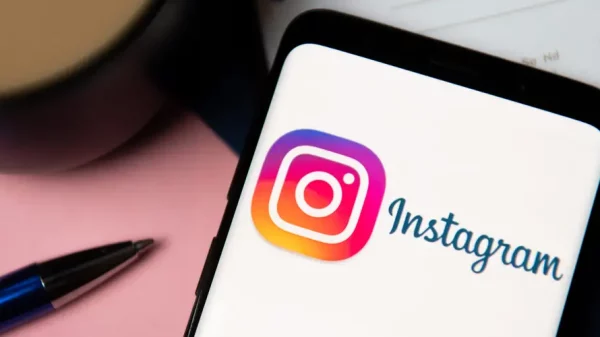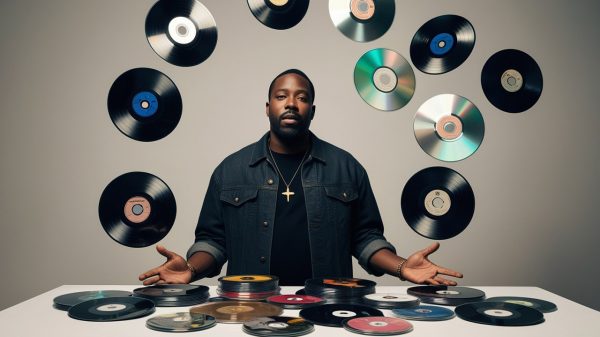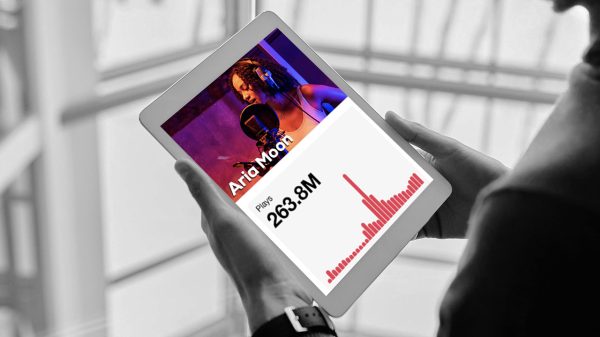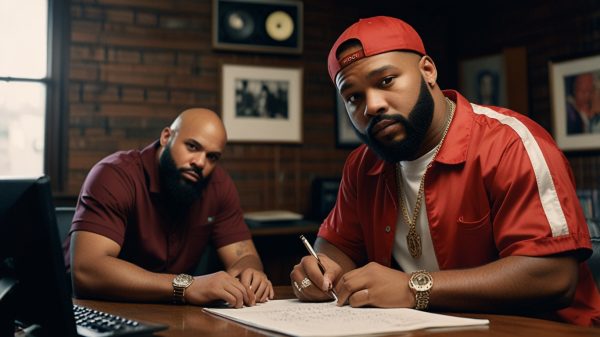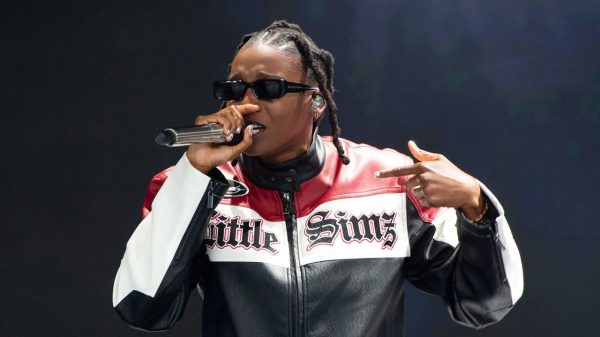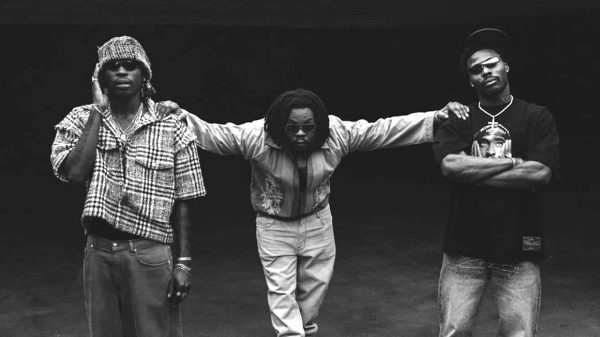The music industry has undergone a monumental shift in the last two decades, moving from physical sales to a predominantly digital landscape. For musicians and industry professionals, understanding how music distribution works is essential to navigating this ever-evolving ecosystem. Music distribution ensures that your songs reach listeners on platforms like Spotify, Apple Music, and YouTube, while providing opportunities for revenue generation and audience growth. In this article, we’ll break down the ins and outs of music distribution, from what it entails to choosing the right distribution service for your needs.
What Is Music Distribution All About?
Music distribution is the process of delivering your music to digital platforms and, in some cases, physical retailers. In the past, distributors worked with record stores to stock CDs and vinyl, but today, digital distribution dominates. Companies like TuneCore, DistroKid, and CD Baby act as intermediaries, ensuring your music appears on streaming platforms, online stores, and sometimes even in licensing catalogs for TV, film, and advertising.
Think of distribution as the bridge between your music and your audience. Without it, your songs would remain confined to personal libraries and lack visibility in the competitive music market. Whether you’re an independent artist or signed to a label, distribution is crucial to sharing your art with the world.
Why Do Artists Need a Music Distribution Service?
In an era where uploading a song to social media is as easy as pressing a button, you might wonder why distribution services are necessary. The reality is that while platforms like Instagram and TikTok are great for promotion, they don’t serve as official music stores or streaming platforms where fans can stream, download, or purchase your music.
Here’s why you need a music distribution service:
- Access to Major Platforms: Distribution services ensure your music is available on platforms like Spotify, Apple Music, Deezer, and Amazon Music. These platforms are where fans typically go to discover and stream music.
- Revenue Opportunities: Streaming royalties, downloads, and sync licensing fees are significant income streams for musicians. Distribution services help facilitate these payments by connecting you to platforms that monetize your music.
- Professional Presentation: Having your music on legitimate platforms adds credibility. It’s a sign that you’re serious about your craft and open to professional opportunities.
- Analytics and Data: Distribution services often provide detailed insights into your streams, downloads, and audience demographics, empowering you to make informed decisions about your career.
Is Music Distribution Free or Does It Cost Money?
The cost of music distribution varies depending on the service you choose. Some distributors operate on a flat fee model, while others take a percentage of your revenue. Here’s a quick breakdown:
- Flat Fee Services: Companies like TuneCore and DistroKid charge an annual fee for unlimited uploads. For example, DistroKid offers a basic plan for as low as $19.99 per year, allowing you to keep 100% of your royalties.
- Revenue Share Services: Some distributors, such as CD Baby, charge a one-time fee per release and take a small percentage (usually 9-15%) of your earnings.
- Free Options: Platforms like Amuse offer free distribution but often come with limitations, such as fewer platform options or additional fees for premium features.
The choice ultimately depends on your budget and goals. If you’re releasing music frequently, flat-fee services might be more economical. On the other hand, revenue-sharing services can be appealing for artists who prefer to avoid upfront costs.
Key Music Stores and Streaming Platforms You Should Know
Knowing where your music will be distributed is vital for maximizing reach and revenue. Here are the key platforms to target:
- Spotify: With over 500 million monthly active users, Spotify is the most popular streaming platform globally. Its playlists can significantly boost an artist’s visibility.
- Apple Music: Known for its high-quality audio and engaged user base, Apple Music is another essential platform for distribution.
- YouTube Music: A platform that merges traditional music streaming with the visual appeal of YouTube. It’s ideal for artists who produce music videos.
- Amazon Music: With millions of users and integration with Amazon devices, this platform provides additional exposure.
- Deezer and Tidal: These platforms might have smaller user bases, but they offer niche audiences and higher royalty rates (in the case of Tidal).
- Social Media Integrations: Many distributors also ensure your music is available on platforms like Instagram and TikTok, where short clips of your songs can go viral and drive streams.
Understanding the strengths of each platform helps you tailor your promotional strategies and maximize your music’s impact.
How to Choose the Right Music Distributor for You
Selecting the right distributor can make or break your music’s reach. With so many options, it’s essential to weigh the features, pricing, and benefits each service offers. Some factors to consider include:
- Platform Reach: Does the distributor provide access to all major platforms?
- Costs and Royalties: Are there upfront fees, and do they let you keep 100% of your royalties?
- Additional Services: Do they offer promotional tools, sync licensing, or priority playlist pitching?
- User Experience: Is their platform easy to navigate? Do they provide detailed analytics?
For an in-depth comparison, check out our article titled “Top 10 Music Distribution Companies to Consider” It offers a comprehensive guide to help you decide which distributor aligns best with your goals and budget.
How Musicians Get Paid Through Distributors
Understanding the payment process is crucial for any artist. Here’s how distributors typically handle payments:
- Streaming Royalties: When listeners stream your music on platforms like Spotify or Apple Music, the platform pays a portion of the revenue generated from ads or subscriptions to the distributor, who then passes it on to you.
- Download Revenue: For platforms like iTunes, where users can purchase individual tracks or albums, the distributor collects the earnings and deposits them into your account.
- Sync Licensing: If your distributor offers sync licensing, you can earn money by having your music featured in commercials, TV shows, or movies.
- YouTube Content ID: Some distributors manage Content ID for your music, ensuring you earn revenue when your tracks are used in videos.
Payments are usually made monthly, but the exact timeline depends on the distributor. Always review your distributor’s payment terms to avoid surprises.
Music distribution is an essential part of building a successful career in the industry. By understanding how it works, choosing the right service, and targeting key platforms, you can expand your reach and grow your audience. While distribution ensures your music is available to listeners worldwide, promoting it effectively is equally important.
That’s where UR-PR comes in. As the go-to agency for musicians seeking press placements and social media promotion, UR-PR specializes in securing coverage on top African music platforms like Unorthodox Reviews, Album Talks, Pulse Nigeria, and more. Whether you’re an emerging artist or an established name, UR-PR can help elevate your visibility and connect you with fans across the globe.
Ready to take your music career to the next level? Partner with UR-PR today and let your music shine on the platforms that matter most!

